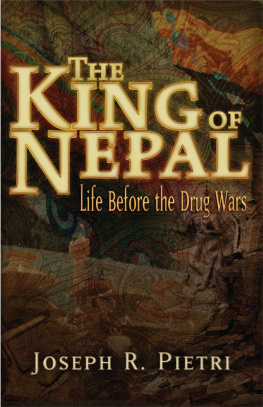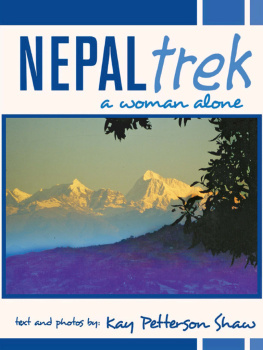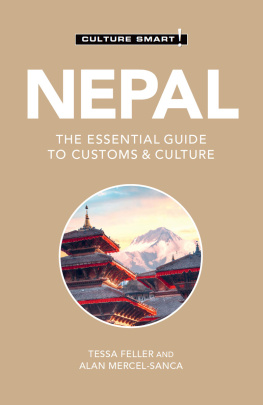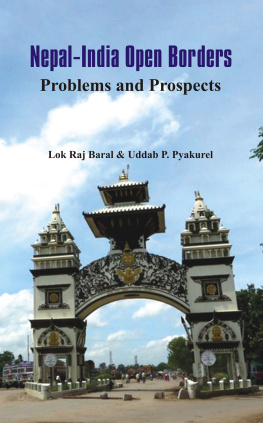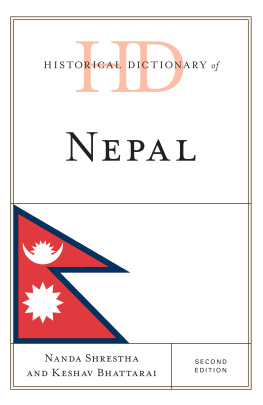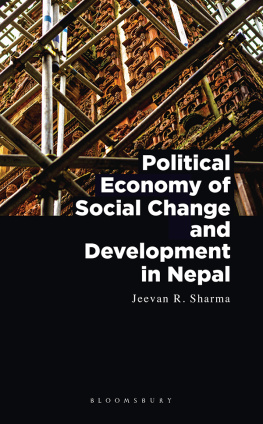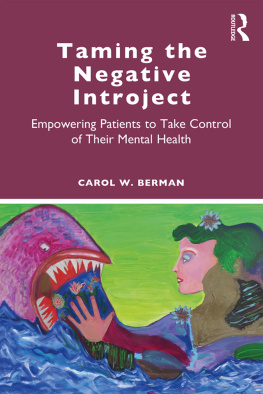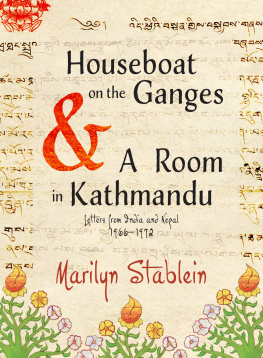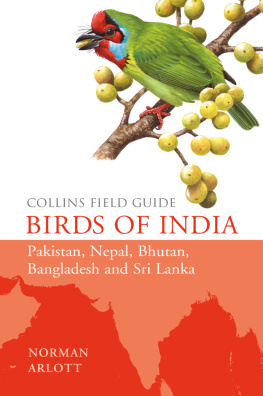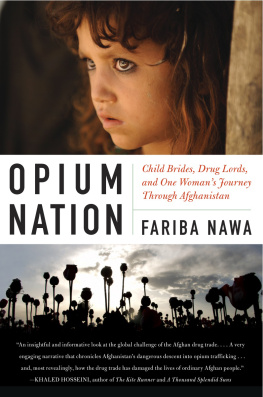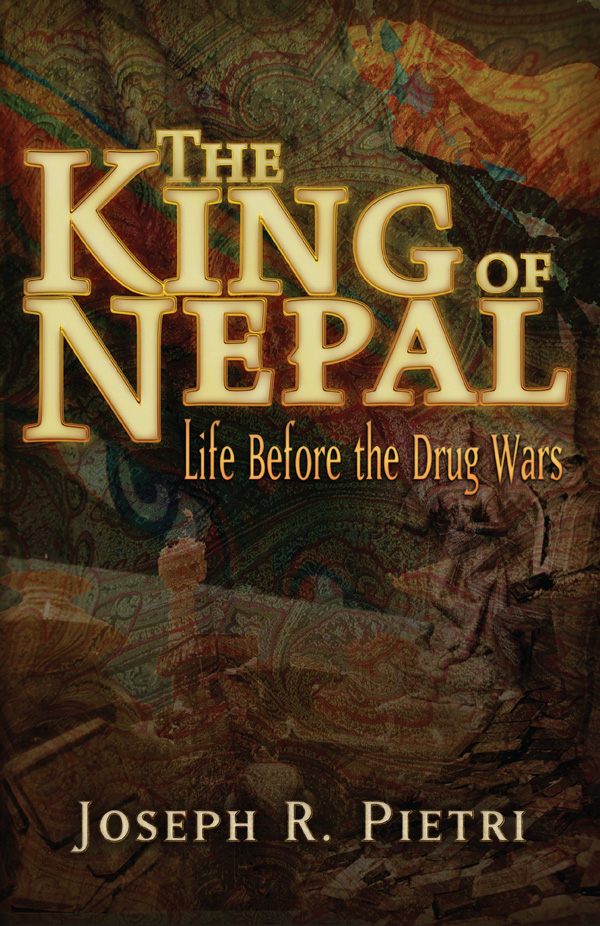
The King of Nepal
Life Before the Drug Wars
Joseph Pietri
The King of Nepal: Life Before The Drug Wars
Copyright 2007, 2010, 2103 Joseph Pietri. All Rights Reserved.
Published by:
TrineDay LLC
PO Box 577
Walterville, OR 97489
1-800-556-2012
www.TrineDay.com
publisher@TrineDay.net
Library of Congress Control Number: 2009943673
Pietri, Joseph Author
The King of Nepal: Life Before the Drug Wars1st ed.
p. cm.
Print (ISBN-13) 978-0-9799886-6-0 (ISBN-10) 0-9799886-6-7
1. MarijuanaSmuggling 2. CountercultureHistory. 3. United StatesHistory. 4. NepalHistory I. Pietri, Joseph. II. Title
First Edition
10 9 8 7 6 5 4 3 2 1
Printed in the USA
Distribution to the Trade by:
Independent Publishers Group (IPG)
814 North Franklin Street
Chicago, Illinois 60610
312.337.0747
www.ipgbook.com
Publishers Foreword
I think people need to be educated to the fact that marijuana is not a drug. Marijuana is an herb and a flower. God put it here. If He put it here and He wants it to grow, what gives the government the right to say that God is wrong?
Willie Nelson
Marijuana, cannabis, hemp, weed, ganja, pakalolo, boo it goes by many names, and has a long association with mankind. It is one of the oldest domesticated crops, so much so that there are no true wild strains, all feral plants have been found to be escapees from somebodys garden, sometime, somewhere.
Author Joseph Pietri takes us back to the burgeoning of the hippie counterculture, amid the energy, excitement and adventure of the times. Times when you could travel freely in Afghanistan, Pakistan, Nepal, India and other countries, where you could freely buy, smoke and consume marijuana as had been done for millennia.
The King of Nepal chronicles the rise, heyday and demise of the Hippie Hashish Trail. An adventure that always lead to Nepal, where the marijuana trade was regulated by the government, giving stability and income for the locals and an exciting locale for the Westerners that met, partied, and endeavoured to bring the hashish to the their friends at home a good ol boy (and girl) network soon developed. Many of these travelers embraced the local culture and a vibrant scene developed in Nepal, Goa, and other places. Then along came, Dick Nixons War on Drugs where Asian governments were paid millions to make marijuana illegal. Soon the hippies were replaced by heroin-selling gangsters. Imagine that!
Prohibitions dont work. Never have. Never will. The current strictures are not about our health, our children or our community, but in keeping in place a black-market that creates huge profits giving hidden forces undue influence in our lives. The unconstitutional Drug War needs to end.
Onwards to the utmost of futures,
Peace,
Kris Millegan
Publisher
TrineDay
4/20/10
Dedication
In memory of the Queen of Nepal, my beloved friend and wife Victoria Anne Wells. 1949-2006.
A pioneer in the Cannabis Industry.



Acknowledgements
Special thanks to all.
Photographs: Victoria Wells, Jonathan Boundy, Sam DAloisio (patch of orange), Bruce Puterbaugh (Big Colitas), Mike Barrish (saki photo), Mike Craycraft (t-shirt ads) and the Joe Pietri collection. Mr. Todd for his insight and Reinhard Delp for his wisdom. Doobie Howser for his inspiration!

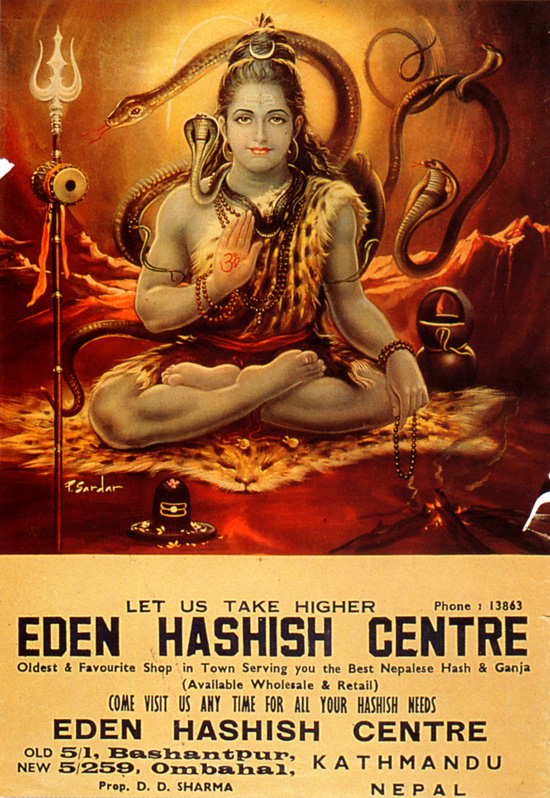
Foreword
I wrote this book over fifteen years ago while being held at the Ministry of the Interior in Vientiane Laos. My only companion my typewriter. I relived my past and wrote this book. When I returned to the states I put the manuscript aside until a suitable time expired in order not to compromise anyone.
The purpose of this book is to not let anyone forget about life before the Drug War or the DEA, as well as the effects of American foreign drug policy on the countries of Southeast and Southwest Asia. In particular Nepal where cannabis had always been legal, in 1970 there was no opium grown, no opium smoking dens, no heroin produced, and no such thing as a Nepalese junkie. In 1973 Richard Nixon paid King Birendra 50 million dollars to make hashish and marijuana illegal. Over night he created a criminal society, as well as a black market. $50 million 1973 dollars is a half billion today, yet today Nepal is eight times poorer and now a major transshipment point for Southwest Asian Heroin.
In this second edition I have included new chapters and have brought my life to a full circle by bringing it up to date. My only claim is that I am a General in Lord Shivas Ganja Army.

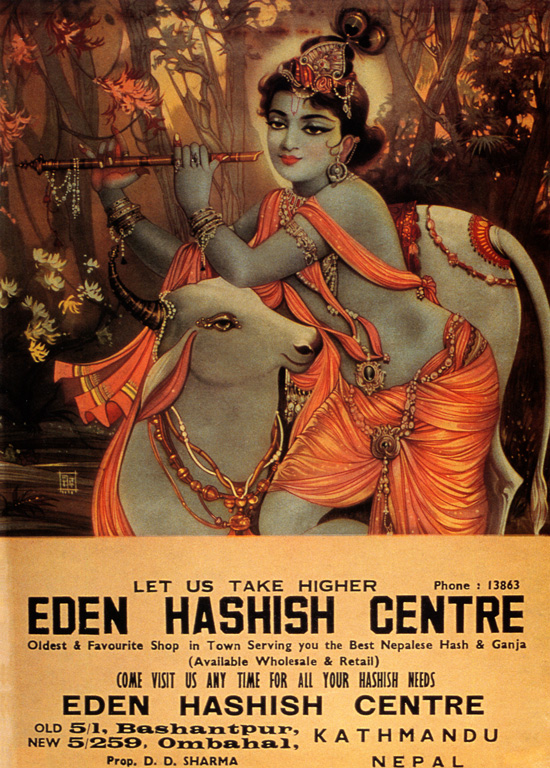
Table of Contents
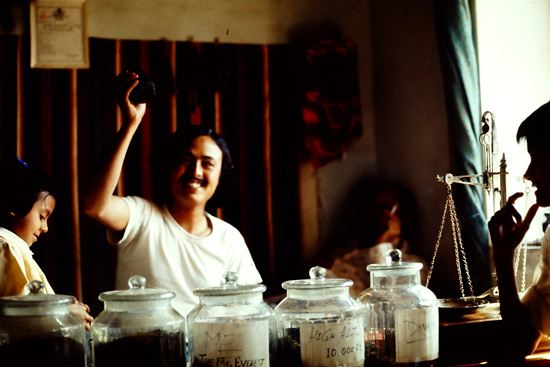


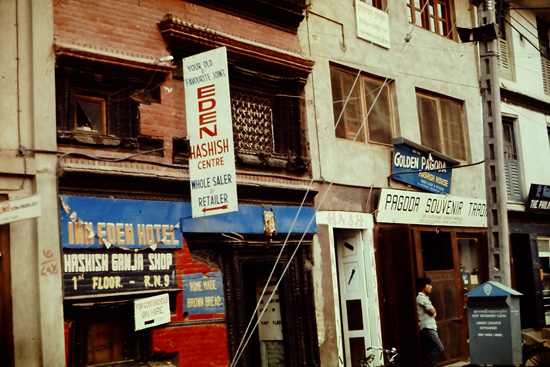
Chapter One
The Drug Trail Ends in Kathmandu
Some of the most vivid memories of my past life center in Laos, where I was considered by some to be a Konsupsa, a Laotian word that means hippie marijuana smoker. I suppose some may have thought it to be an accurate description of me at that point in my life. Though marijuana is legally sold in the markets of Vientiane, Laos, and one may eat all one wishes, it is illegal there to smoke marijuana. All of the noodle shops serve a marijuana broth chicken soup that is considered a delicacy among the locals. To really understand the long, strange road Ive traveled, its necessary to go back in time a few more years where it all began.
I first smoked pot in 1963, and soon after, began selling it. At first I did so just to supply myself and my friends. First of all, let me dispense with a myth originated by the DEA: that the marijuana of today is much stronger than what was available in the past. Not only was the marijuana stronger and cheaper back then, there were many varieties available, as well as every imaginable type of hashish. A bag of grass filled three fingers high was considered an ounce, and cost only ten dollars. An ounce of the best Afghan hash or Nepalese temple ball hash was only fifty dollars per ounce, or less.
In the old days I would fill my hookah with several types of hash. My usual mix would start with Afghan hash then Nepalese, then Indian, then two types of Lebanese (Red and Gold), and I would finish it all off with a layer of Moroccan. The hookah had six stems. My smoking room consisted of a huge oriental rug with pillows all around. Everyone would sit on the floor and just get wasted and dream of what it would be like to be in the hash dens of Asia. Smoking was a sacred ritual shared with friends. In those days it was like receiving holy communion.
Next page
